UEFA court defeat revives battle with breakaway European Super League
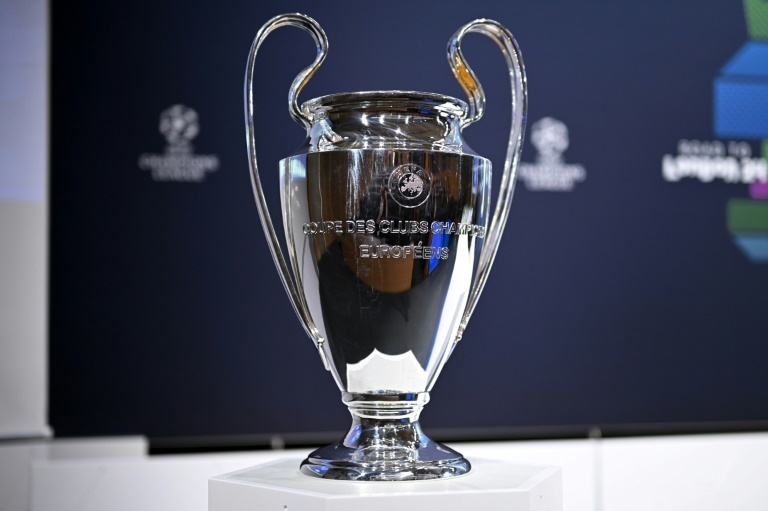
The promoters of a Super League announced plans for a new breakaway competition on Thursday after the EU's top court ruled that UEFA had used illegal tactics to stifle a previous project.
1 year ago
The European Court of Justice ruling did not constitute an endorsement of the Super League idea, which still faces furious opposition from many football fans and from Europe's existing national leagues. But it marks a serious legal setback for UEFA and for soccer's world governing body FIFA, finding that their tactic of threatening to ban future Super League clubs and players from taking part in their competitions broke EU law.
And it was seized upon by the promoters of the Super League project, A22 Sports Management, to promote their vision of a new 64-team tournament that would feature promotion and relegation and would be broadcast live for free "on a new streaming platform". "The FIFA and UEFA rules making any new interclub football project subject to their prior approval, such as the Super League, and prohibiting clubs and players from playing in those competitions, are unlawful," the ECJ ruled.
Because UEFA operates as a monopoly in setting the rules, while also organising tournaments of its own such as the Champions League, its criteria for authorising rival competitions should be "transparent, objective, non discriminatory and proportionate". "However, the powers of FIFA and UEFA are not subject to any such criteria. FIFA and UEFA are, therefore, abusing a dominant position," the court ruled.
The planned Super League project has been mothballed since it collapsed in early 2021 amid fan fury at the threat it posed to national league competitions, but after the ruling the promoters claimed victory and promised rapid announcements. "We have won the right to compete. The UEFA monopoly is over. Football is free," the firm's CEO Bernd Reichart declared in a social media post from the A22 account. "Clubs are now free from the threat of sanction and free to determine their own futures."
But UEFA chose to emphasise a different part of the ECJ judgment, stressing that the ruling "does not signify an endorsement or validation of" the breakaway competition.
UEFA went on: "It rather underscores a pre-existing shortfall within UEFA's pre-authorisation framework, a technical aspect that has already been acknowledged and addressed in June 2022. UEFA is confident in the robustness of its new rules, and specifically that they comply with all relevant European laws and regulations."
Many football fans fear that a closed, US-style league with no promotion or relegation of clubs will destroy the hopes of glory for smaller teams and the prestige of beloved national competitions. Football Supporters Europe (FSE), an umbrella lobby group also spoke out, saying "since 2021, FSE and fans across Europe have stood firm against a breakaway super league time and time again, and repeatedly called for the greater protection of our game.
"Whatever comes next, the super league remains an ill-conceived project that endangers the future of European football. FSE, our members, and fans across Europe will continue to fight it." The case goes back to April 2021, when 12 of Europe's biggest clubs announced they had signed up to the planned Super League, a direct competitor to UEFA's flagship competition the Champions League, which features the most successful clubs from Europe's various national leagues.
The upstart league quickly fell apart in the face of a strong backlash from supporters and both UEFA and the world body FIFA threatened to take disciplinary action against the clubs involved. English fans in particular remained loyal to their traditional domestic league model and nine of the 12 rebel clubs - including six from the English Premier League - threw in the towel within 48 hours.
Two years on, only Spanish giants Real Madrid and Barcelona have stood by the dormant project, with Italian giant Juventus withdrawing in July. Real Madrid's chairman Florentino Perez hailed Thursday's court decision, declaring that: "European club football will no longer be a monopoly." But the club's current parent league, La Liga, denounced the Super League idea as "a selfish and elitist model"
And it was seized upon by the promoters of the Super League project, A22 Sports Management, to promote their vision of a new 64-team tournament that would feature promotion and relegation and would be broadcast live for free "on a new streaming platform". "The FIFA and UEFA rules making any new interclub football project subject to their prior approval, such as the Super League, and prohibiting clubs and players from playing in those competitions, are unlawful," the ECJ ruled.
Because UEFA operates as a monopoly in setting the rules, while also organising tournaments of its own such as the Champions League, its criteria for authorising rival competitions should be "transparent, objective, non discriminatory and proportionate". "However, the powers of FIFA and UEFA are not subject to any such criteria. FIFA and UEFA are, therefore, abusing a dominant position," the court ruled.
The planned Super League project has been mothballed since it collapsed in early 2021 amid fan fury at the threat it posed to national league competitions, but after the ruling the promoters claimed victory and promised rapid announcements. "We have won the right to compete. The UEFA monopoly is over. Football is free," the firm's CEO Bernd Reichart declared in a social media post from the A22 account. "Clubs are now free from the threat of sanction and free to determine their own futures."
But UEFA chose to emphasise a different part of the ECJ judgment, stressing that the ruling "does not signify an endorsement or validation of" the breakaway competition.
UEFA went on: "It rather underscores a pre-existing shortfall within UEFA's pre-authorisation framework, a technical aspect that has already been acknowledged and addressed in June 2022. UEFA is confident in the robustness of its new rules, and specifically that they comply with all relevant European laws and regulations."
Many football fans fear that a closed, US-style league with no promotion or relegation of clubs will destroy the hopes of glory for smaller teams and the prestige of beloved national competitions. Football Supporters Europe (FSE), an umbrella lobby group also spoke out, saying "since 2021, FSE and fans across Europe have stood firm against a breakaway super league time and time again, and repeatedly called for the greater protection of our game.
"Whatever comes next, the super league remains an ill-conceived project that endangers the future of European football. FSE, our members, and fans across Europe will continue to fight it." The case goes back to April 2021, when 12 of Europe's biggest clubs announced they had signed up to the planned Super League, a direct competitor to UEFA's flagship competition the Champions League, which features the most successful clubs from Europe's various national leagues.
The upstart league quickly fell apart in the face of a strong backlash from supporters and both UEFA and the world body FIFA threatened to take disciplinary action against the clubs involved. English fans in particular remained loyal to their traditional domestic league model and nine of the 12 rebel clubs - including six from the English Premier League - threw in the towel within 48 hours.
Two years on, only Spanish giants Real Madrid and Barcelona have stood by the dormant project, with Italian giant Juventus withdrawing in July. Real Madrid's chairman Florentino Perez hailed Thursday's court decision, declaring that: "European club football will no longer be a monopoly." But the club's current parent league, La Liga, denounced the Super League idea as "a selfish and elitist model"


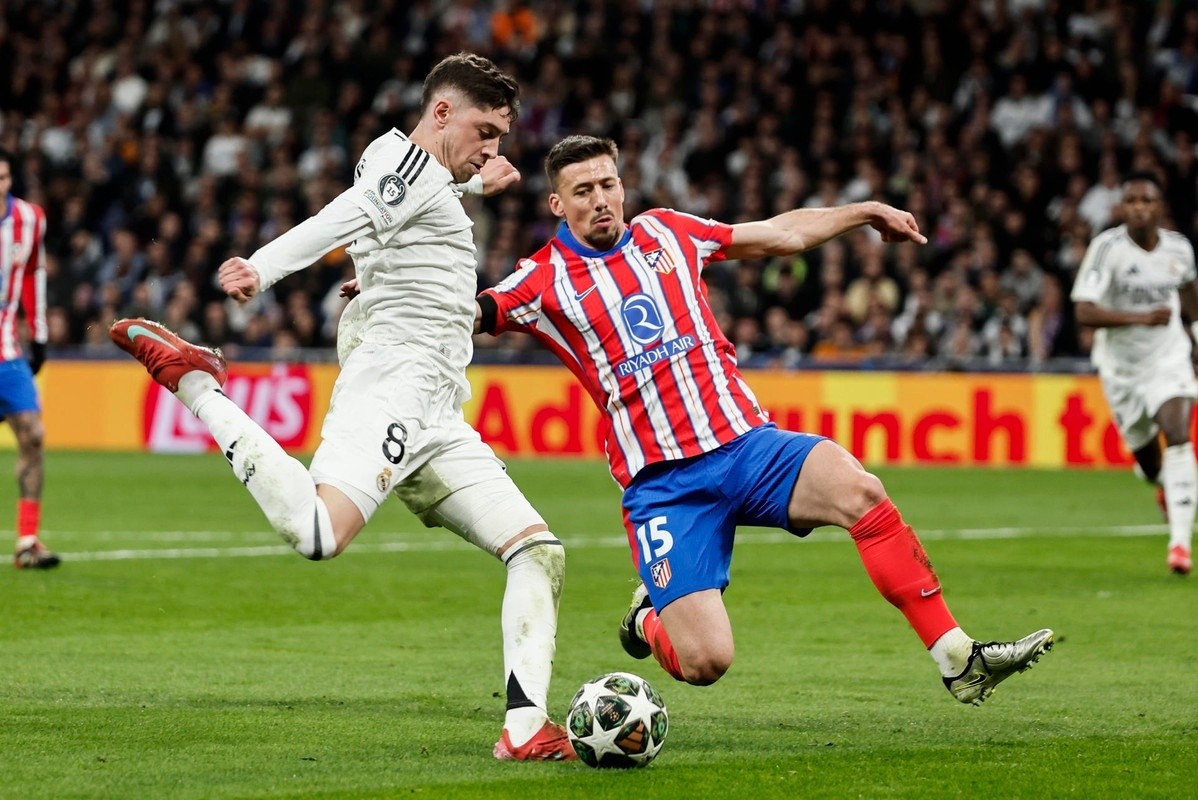
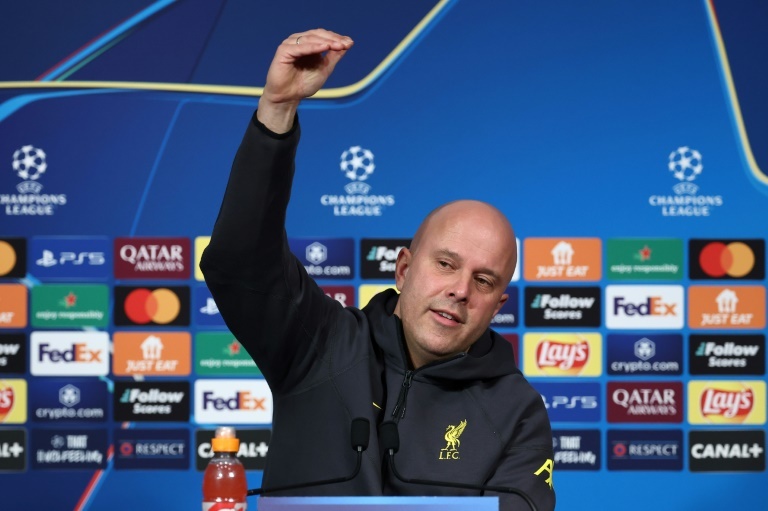
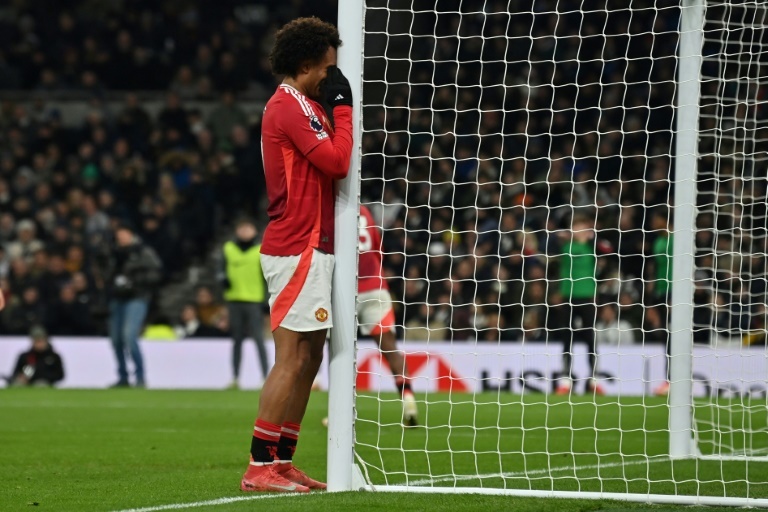
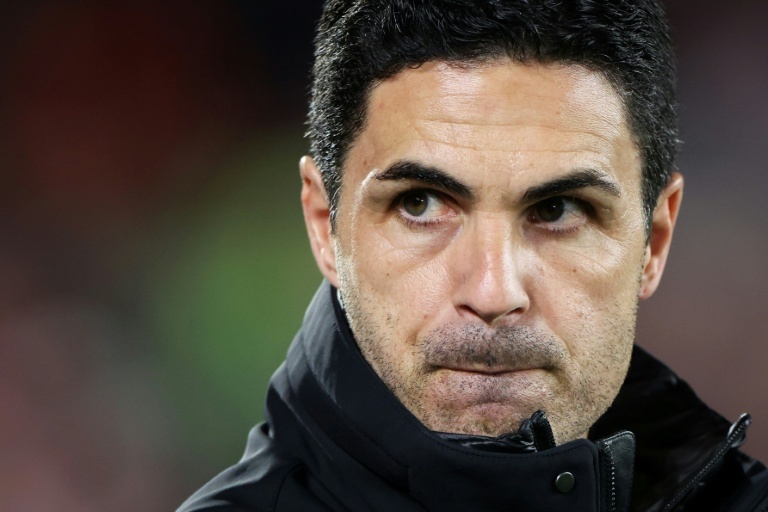

Comments